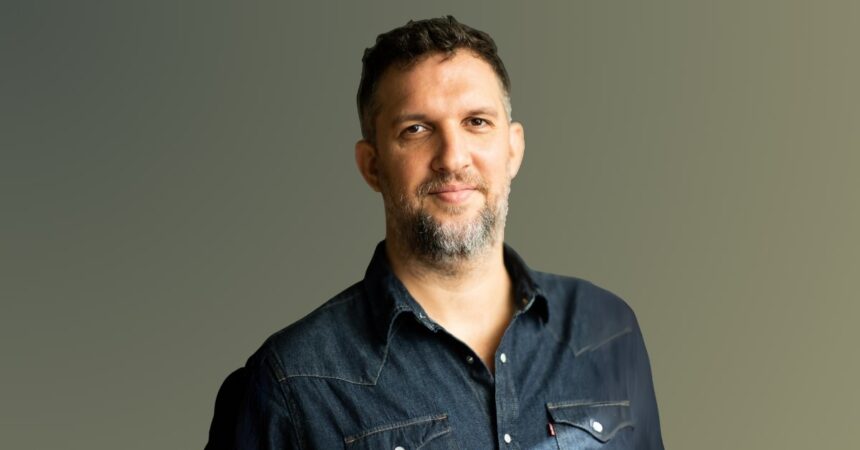Photo Credit: Assaf Revivo
Hey there! Welcome to the Hurwitz.tv “Leaders” interview series, where we chat with the leaders in tech and business to discuss the latest industry trends and developments. In this series, you’ll hear from CEOs, CTOs, and other thought leaders as they share their insights on everything from AI to Investing.
In this interview, we talk to Daniel Yahel from Jolt.io.
What productivity tips have helped you significantly?
I consider myself highly productive, perhaps too much so. My personal goals are quarter-year-based, and I once worked three tech jobs simultaneously, with success. In my case, I am an old-school guy who keeps all his goals and tasks on an A4 piece of paper that I renew every 2-3 days (and not in a notebook, etc.). What I would emphasize is that the platform you use to keep track of everything is not what matters. It is how you set your goals that determine what you do. Keep it simple, don’t say too much, don’t say too little, do double what you think is possible, and don’t lose heart if you fall behind. Persistence and resilience will follow when you choose the right targets.
What are some mindset tips you need to have when running a business?
Practicing mindfulness and meditation has been a part of my life for many years. In my opinion, focusing is the most important mindset for business. By focusing, you are able to make a good decision and clear away any noise in your head. As a business leader, boldness is something to strive for, yet being sensitive to the people under your management should not conflict with that. I may be wrong, but I feel that business accomplishments are a bit more important than people’s feelings.
What are some of your favorite books or articles that have impacted the way you think?
My background is in the arts, and more specifically in the strange world of performance art. In the art world, performance art has a reputation for being one of the most boundary-challenging genres. Blood and other extremities are common in this practice. A book that helped me shape my viewpoint is “Ethno-Techno: Writings on Performance, Activism and Pedagogy”. With this book, I have learned how to think strategically about complex issues by looking at the world through cartography.
Franny and Zooey by J.D. Salinger, especially in one particular bathroom scene, captures what intimacy between people is. It has been a benchmark for me since I read it.
I was deeply influenced by a book by Pesach Slabosky called “HaHashraa chozeret letikoona” (The Reconditioned Inspiration, 1989). The mystical forces of being enlightened by inspiration are discussed in this book, which is very important for leaders.
Who is someone who has really impacted your work? It can be a family member, friend mentor, public persona, etc.
My greatest career inspiration is my wife, Sivan Pollak Yahel. She constantly pushed me out of my comfort zone in order to overachieve. From both of us, she has always pursued her career more seriously, but I have filled in the gaps in the past couple of years. Sivan is a Marketing Strategist, and living with her and following her career path has enabled me to gain an insider’s view of the work, learn about unique case studies, and gain access to a professional network that has proven invaluable.
What are your thoughts on the future of technology and how it will impact business?
As a Metaverse veteran who has worked in both the augmented reality and autonomous vehicle industries, I have seen cutting edge tech first hand. In my view, technology takes its own unpredictable course, which will not be swayed by PR or hype. Despite what most people think, technology moves slowly and steadily, certainly slower than news articles or rumors, which people often spread around in order to turn the table in their favor. Businesses on the contrary are human based, and like literature might be too humane, many play scripts were written about it… Tragedy, Comedy, Farce, all might be included in one business play…
Who would you love to have lunch with?
I would love to have lunch with Charles Mingus (the jazz musician). My attention would be focused on what he has to say, listening carefully to the way he puts words and sentences together, listening to the melody of his spoken lyrics, and watching him interact with the world as if he were a normal person.







